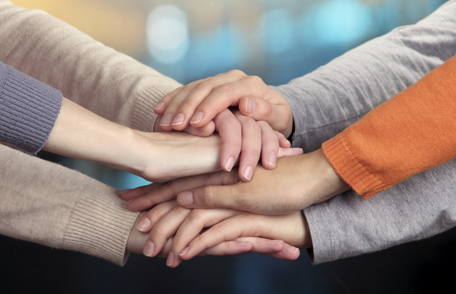
Advocacy is very much about intensive follow-up activity once chronically homeless people have been housed. Within the past few days, for example, I've been involved in follow up work on behalf of half a dozen of my people.
One case involves a situation wherein an individual seems to be experiencing a setback. I've been in communication with his lawyer, his probation officer, a concerned friend and another advocate as we attempt to provide him with opportunities that he still needs in order for him to move forward, stay off the streets and out of jail.
I respond to a number of calls every week from a man with a major psychiatric disorder whenever he has a setback. Yesterday he called me twice. Fortunately, I nearly always seem to be able to help him to become calm again. In his case, I also spend a great deal of time arranging and attending medical appointments and interfacing with his health care providers.
Another very longtime time homeless man will be getting out of prison soon. I've been texting with his girlfriend and will meet with her about this on Monday. He's getting out a lot earlier than anticipated given his good behavior but he's been moved around frequently within the prison system and that seems to be related to an unsteady provision of the medications that he needs. He also needs help restoring his housing subsidy once he's been released.
Another now-housed man with a history of severe brain injury asked me to consult with one of his health care providers to assure that his treatment isn't interrupted or providers changed. I spoke with his provider and all is well there. This is a very common occurrence, especially in his case. I'm enormously grateful for excellent working relationships with all of the health care and other personnel who treat and care for my people.
Another housed man contacted me today just to check-in, which he frequently does. I often feel that - like so many others - he is worried about ending up homeless or in jail again and just needs to confirm that I'm still there for him.
I've been helping a now housed, formerly homeless veteran in another state for a couple of years now via online messages. I've been in communication with her quite often recently, including just this morning. One of her still homeless friends was found dead and it's been a tough few days for her. She's also facing surgery soon which will necessitate taking time off from work, thereby reducing her paycheck. She's worried about paying her rent. In her case, she's affiliated with a church in her area that has helped her a lot.
I also often communicate with supportive family members of chronically homeless people and had two such interactions within the past few days. Whenever family members are available and helpful, that's a huge advantage. Unfortunately, some are not available for assistance.
I'm hoping that readers will come to understand that helping a chronically homeless person involves far more than simply providing housing. I'm in contact with my people for years afterward. It's most often very time-intensive. This is the reason why I hope that those individuals and groups interested in helping homeless people will think about taking on all aspects related to getting just one chronically homeless person or family housed, recovering their health to the degree possible and helping him/ her to maintain housing and possibly to seek employment.
Most of the people who I assist are disabled so regular employment may not be a realistic option for some of them but part-time, flexible and volunteer work opportunities are very often do-able. It's usually best when they can control the hours and the pace of work. It's also best when they can work independently, without too many people around. Jobs involving too fast a pace and too many people often cause employment problems. Slower paced, solitary Jobs like grooming pets or maintaining plants in a greenhouse are preferred employment options.
It really does take a village.
There are no hopeless cases.
Image Source: Google Images